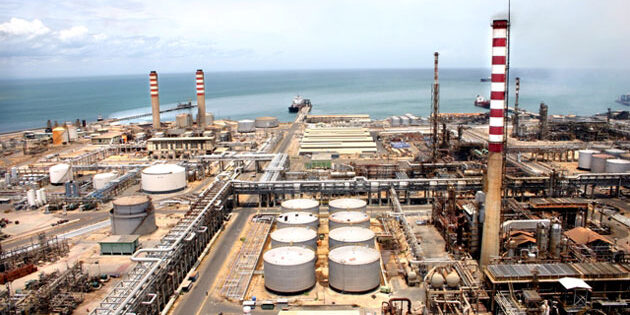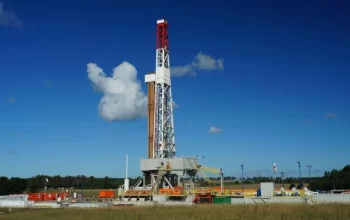Venezuela will not be able to increase production rapidly After the United States lifted sanctions on Venezuelan oil, analysts are assessing the possible impacts of this move in the face of the supply constraints from the Organization of the Petroleum Exporting Countries (OPEC), which have been affecting prices in the market.
Venezuelan oil is more viscous – it still needs to be blended with other lighter oils for use. © Photo by: DR Due to chronic underinvestment over the years, StoneX believes that the capacity for a significant increase in short-term production in the Venezuelan oil industry is limited.
“The relaxation of restrictions in the short term is unlikely to stimulate more investment in facilities, as the risk of non-renewal is too great for American companies,” the company points out in a report released to clients and the market.
StoneX expresses concern about the production capacity increase and does not anticipate significant changes in global balances in the next semester, possibly with an average addition of 70,000 barrels per day. “Venezuela exports less than 1% of global maritime oil, despite having the world’s largest proven crude oil reserves,” StoneX reminds.
However, since Venezuelan oil is more viscous, it still needs to be blended with other lighter oils.
StoneX also recalls that operational problems began after former President Hugo Chávez dismissed 18,000 workers from PDVSA two decades ago.
![]()




